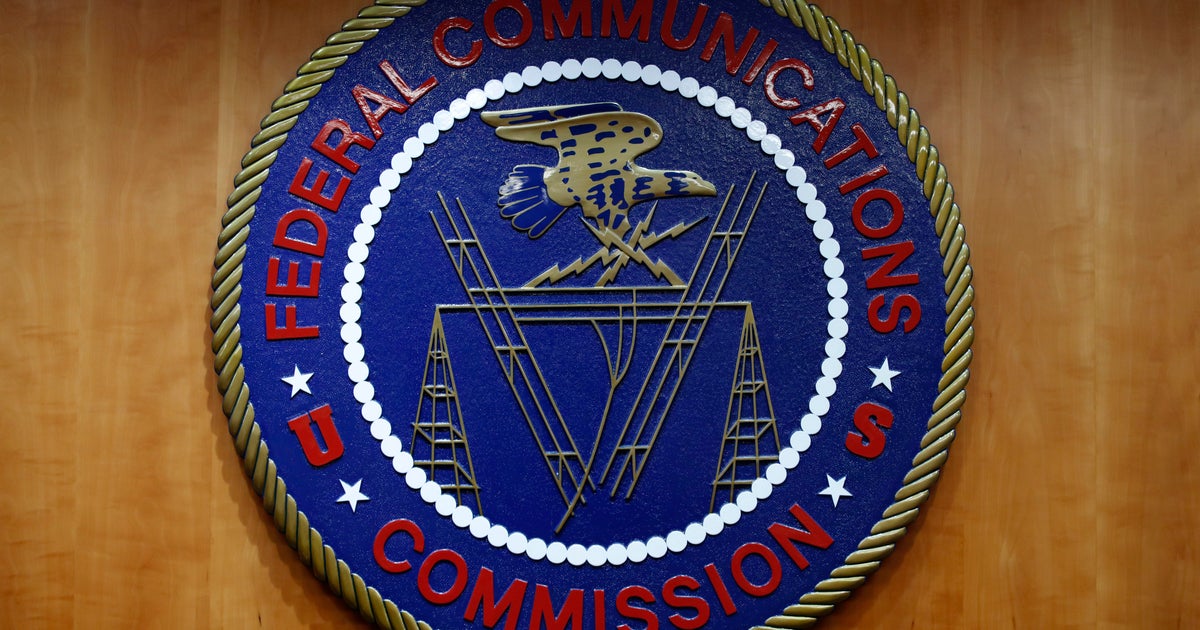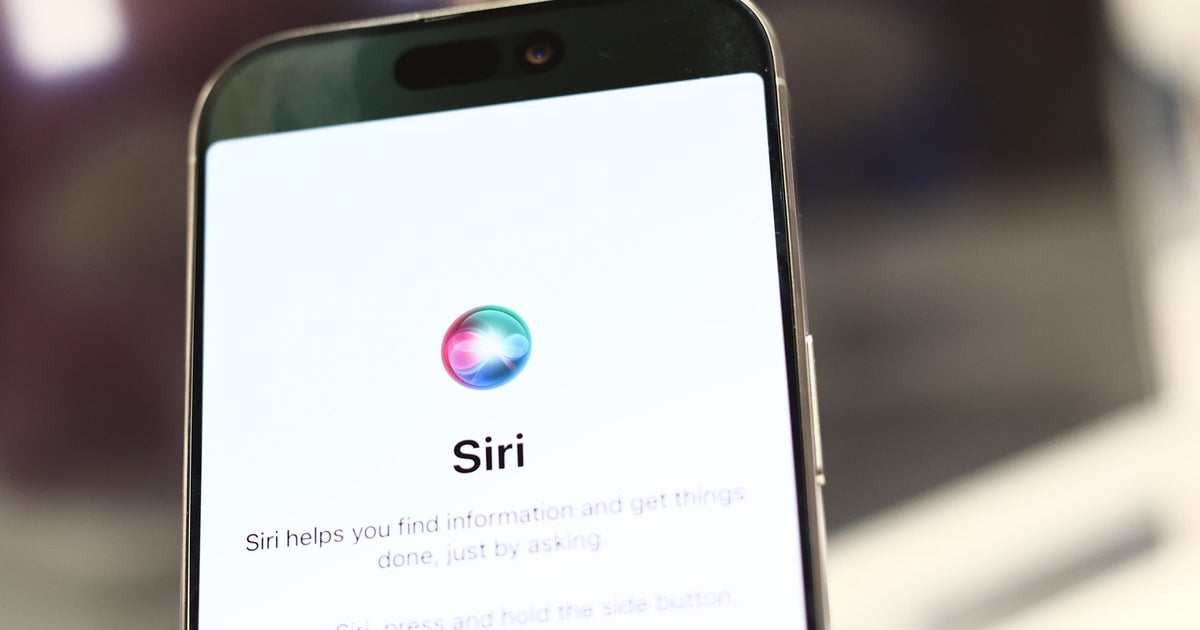Google's Waymo, Uber head to court over trade secrets lawsuit
SAN FRANCISCO — A Google-bred pioneer in self-driving cars and Uber's beleaguered ride-hailing service are colliding in a courtroom showdown amid allegations of deceit, betrayal, espionage and a high-tech heist that tore apart one-time allies.
The trial opening Monday in San Francisco federal court comes nearly a year after Google (GOOG) spin-off Waymo sued Uber, accusing it of ripping off key pieces of its self-driving car technology in 2016. Uber paid $680 million for a startup run by Anthony Levandowski, one of the top engineers in a robotic vehicle project that Google began in 2009 and later spun out into Waymo.
The stakes in the trial are huge. Waymo is demanding damages that its expert estimated at nearly $2 billion. It also wants a court order that would prevent Uber from using any of the technology that it says was stolen, a move that could hobble the ride-hailing service's push to design self-driving cars. The trial comes after a bruising year for Uber, including the ouster of its founder, Travis Kalanick, and allegations of creating a workplace that fostered sexual harassment.
"This is the biggest case in the history of Uber," William Carmody, a Uber lawyer, said during a pre-trial hearing last week.
Google was also an early investor in Uber, a relationship that later soured. Its parent company Alphabet also owns Waymo.
Waymo has drawn a sordid picture, contending that Levandowski heisted thousands of documents containing Google trade secrets before defecting to Uber. Waymo says Levandowski conspired with former Uber CEO Kalanick to use the purloined technology in Uber's own fleet of self-driving cars.
Uber has vehemently denied the allegations in the civil case, which has also triggered a criminal investigation by the U.S. Department of Justice. It's not clear whether that probe is focused on Uberor Levandowski, who has consistently exercised his right against self-incrimination and is expected to do so again if called to testify during the trial.
Levandowski's refusal to relinquish his Fifth Amendment rights eventually led Uber to fire him last May, even though he had developed a close relationship with Kalanick.
The courtroom drama will feature an intriguing cast of characters. The list of expected witnesses includes both the combative Kalanick and Silicon Valley venture capitalist Bill Gurley, an early Uberbacker who later helped engineer Kalanick's departure as Uber's CEO. (Kalanick resigned under pressure last June.)
Two of the world's richest people, Google co-founders Larry Page and Sergey Brin, also may testify about the importance of Waymo's self-driving project and Levandowski's role in it.
Waymo and Uber will each only have a total of 16 hours to make their case. That time restraint could prove more daunting for Waymo. It will have to educate a 10-person jury about the intricacies of the eight trade secrets that Uber is accused of stealing, then prove the ride-hailing service used the technology in its vehicles or improperly shared it with others.
The lawsuit has already produced internal documents and sworn testimony that exposed spying programs and other shady tactics deployed by Uber to expand its business. Those disclosures have compounding the company's challenges as it tries to burnish an public image tarnished by the exposure of its own toxic behavior.
Among other things, Uber has acknowledged allowing rampant sexual harassment to occur within its ranks, a yearlong cover-up of a major computer break-in and a $100,000 ransom paid to the hackers, and the use of duplicitous software to thwart government regulators.
Uber, founded less than nine years ago, has been plowing through investor cash as part of its ambitious drive for global dominance in ride-hailing services that has upended local taxi monopolies around the world but has yet to produce any real profits for the startup or its investors.
Uber is pushing fast to deploy self-driving vehicles. The company aims to put driverless cars on the road in the next 18 months, CEO Dara Khosrowshahi, who took the helm of Uber in August, said at the World Economic Forum in Davos, Switzerland last month.
"We'll always be a company that makes big, bold bets and takes big risks," he said
U.S. District Judge William Alsup frequently admonished Uber for its conduct leading up to the trial. But he's also emphasized that Waymo faces the difficult challenge of proving that the ride-hailing service used stolen technology in its self-driving cars.
"The central issue in this case remains whether or not Uber misappropriated Waymo's trade secrets, not whether or not Uber is an evil corporation," Alsup wrote in one of his final orders leading up to the trial.



